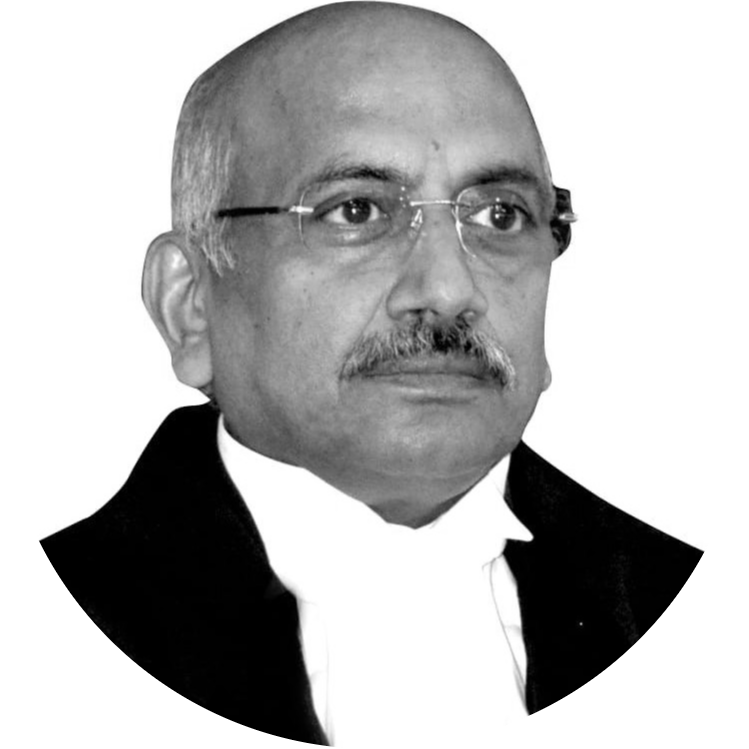Hijab Ban in Karnataka Educational Institutions
Aishat Shifa v State of Karnataka
Muslim students challenged a Karnataka Government Order banning hijabs in educational institutions in the state. They claimed that the ban violated their Right to Religious Expression. The Court's decision will determine if freedom of religious expression includes wearing religious symbols to public spaces like schools.
Pending
Parties
Petitioner : Fathima Bushra, Aishat Shifa, All India Democratic Women's Association, Muslim Girls and Womens Movement, Muslim Women's Study Circle, Samastha Kerala Jamaithul Ulema
Lawyers: Mr. Sanjay R. Hegde, Sr. Adv.; Mr. Devadatt Kamat, Sr. Adv.; Mr. Nizam Pasha, Adv.; Sr. Adv. Mr. Salman Khurshid.
Respondent: State of Karnataka
Lawyers: Mr. Tushar Mehta, Solicitor General; Mr. K.M. Natraj, ASG; Mr. Prabhuling Navadgi, Adv. General; Mr. Nikhil Goel, AAG; Mr. Prasanna Deshpande, AAG; Mr. Aruna Shyam, AAG; Mr. YH Vijay Kumar, AAG; Adv. Mr. Shubhranshu Padhi, AOR
Case Details
Case Number: CA 7095/2022
Next Hearing: September 19, 2022
Last Updated: November 28, 2022
Key Issues
Does the Karnataka State Government Order banning hijabs at educational institutions violate Muslim students’ Fundamental Right to Freedom of Religion?
Is the wearing of the hijab an ‘essential religious practice’ for Muslims?
Does the ban on the hijab violate Muslim students’ Right to Freedom of Speech and Expression?
Does the hijab ban violate Muslim students’ Right to Privacy?
Case Description
Muslim pre-university students challenged a Karnataka State Government Order directing College Development Committees across the state to prescribe a uniform for students. The Government Order (GO), issued on February 5th 2022, did not allow students to wear the hijab, or customary Islamic headscarf to educational institutions.
The students argued that the Order violates their Right to Religious Expression as wearing a hijab is an Essential Religious Practice. They further claim that the ban violates their Rights to Freedom of Expression and Privacy.
From September 2021 onwards, women students at a Government Pre-University College in Udupi, Karnataka, were instructed not to wear their hijabs to college. In December, students wearing the hijab were barred from entering college premises, and on January 1st 2022, the Chairman of the College Development Committee passed a Resolution stating that students would not be allowed to wear the hijab. Muslim students protested against the ban. In response to the protests of the Muslim students, other students demanded that they be allowed to wear saffron shawls and scarves to college.
The February 5th GO was issued under the Karnataka Education Act, 1983 and its 1995 Rules. Muslim students challenged this GO at the Karnataka High Court. As the Court heard the matter, the Chief Minister of Karnataka, Basavaraj Bommai ordered that all high schools and colleges in the state must be closed for three days. A Single Judge of the Karnataka High Court referred the case to the Chief Justice, requesting that the matter be heard by a larger Bench as the case raised questions of public importance.
A three-Judge Bench of the High Court heard the matter on February 10th and subsequently issued an Interim Order directing that educational institutions across the state be reopened and that no student must be permitted to wear any religious attire to the classroom until further Orders.
The Karnataka HC delivered its Judgment on March 15th, 2022. They upheld the ban issued by the State Government, stating that wearing a hijab did not qualify as an essential religious practice and the ban did not violate the Freedom of Speech and Expression.
On the same day, a petition was filed by the All India Muslim Personal Law Board at the SC challenging the Judgment of the Karnataka HC.
On October 13th, 2022 the 2-Judge Bench delivered a split verdict. Justice Hemant Gupta confirmed the Karnataka HC Judgment and upheld the ban. Justice Dhulia held the opposite, and decided in favor of those challenging the ban. The case will be placed before CJI U.U. Lalit to decide the next steps to be taken.


